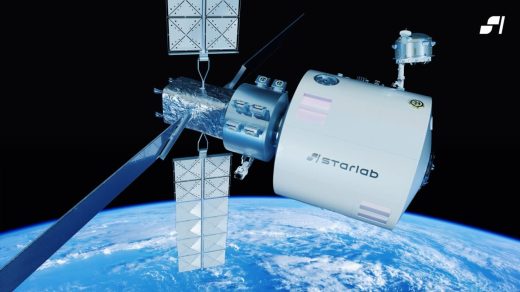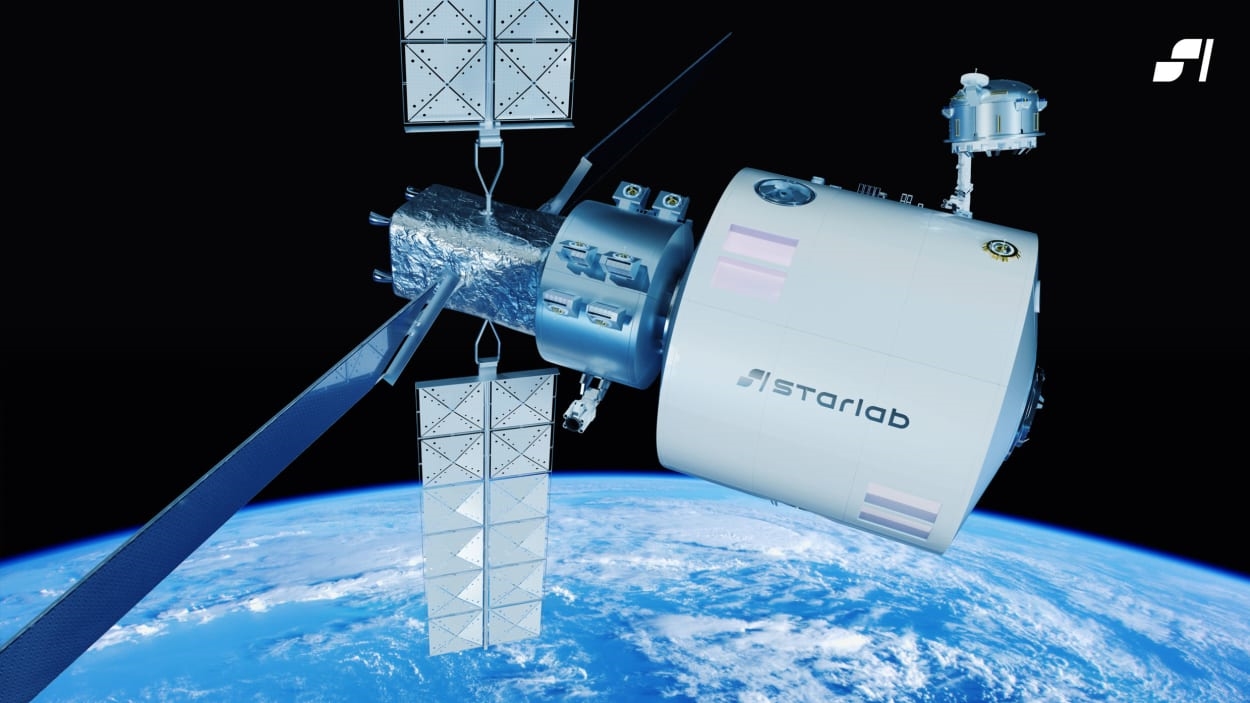Voyager and Airbus are teaming up to replace the ISS
By Keerthi Vedantam—Payload
Two major space companies are joining forces to make a commercial successor to the ISS a reality.
On Tuesday, Voyager Space and Airbus Defence and Space announced a joint venture to build and operate Starlab, a LEO space station designed by Nanoracks, a department of Voyager Space.
“The International Space Station is widely regarded as the most successful platform for global cooperation in space history,” Voyager Space President Matthew Kuta said in a statement. “We are establishing this joint venture to reliably meet the known demand from global space agencies while opening new opportunities for commercial users.”
Some context
If this news sounds a bit familiar, it’s because Airbus and Voyager announced in January that Airbus would offer technical design support for Starlab. Now, the company is taking on a bigger role by having a hand in also building and operating the station.
The station is expected to be operational by 2028, and it’s inching closer to that goal: back in June, Starlab passed its systems requirement review, which proved its ability to meet NASA’s mission readiness and safety baseline requirements.
A commercial future
The future of space is looking a lot different than it did when the ISS launched in the ’90s. Now, space stations need to hold up to more use cases in commercial space exploration (movies in space, anyone?). We’re living in a world—ahem, universe—where countries could access space without an enormous upfront investment, or tourists could spend a couple nights among the stars.
Starlab, which is partially funded by a $160M space act agreement with NASA, is expected to be able to hold four people and will be used to conduct scientific research.
More to come
Starlab isn’t the only commercial space station in the works. Blue Origin received $130M From NASA for its space station, Orbital Reef, and Northrop Grumman nabbed $125.6M from the space agency for an unnamed space station.
This story originally appeared on Payload and is republished here with permission.
(12)



